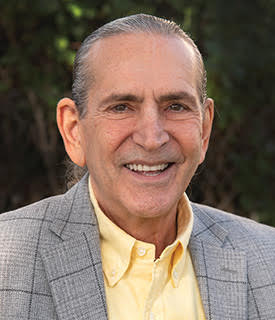Of course, sometimes children can’t sit still, forget to their homework, daydream in class, or get easily distracted. While this is understandable normal, there’s a point when this affects children’s learning and ability to perform tasks. But how do you distinguish between normal kid behavior and something more serious? These can also be signs of ADD (Attention Deficit Disorder) or ADHD (Attention Deficit Hyperactivity Disorder).
ADD vs. ADHD
What’s the difference between ADD and ADHD? Actually, there is no difference. ADD is considered to be an outdated diagnosis. So ADHD is the more common diagnosis today. We can see the obvious “H” in there which stands for “Hyperactivity.” What if the child isn’t hyperactive? In this case, the child would have inattentive ADHD, emphasising an issue with inattention rather than hyperactivity or impulsivity.
So children with ADHD can be either:
- Inattentive, but not hyperactive or impulsive.
- Hyperactive and impulsive, but able to pay attention.
- Inattentive, hyperactive, and impulsive (the most common form of ADHD).
Myths
Myth: Children with ADHD can’t pay attention.
Fact: Children with ADHD are able to focus on activities they enjoy. It’s when they’re faced with a task they find boring or repetitive, they struggle to stay focused.
Myth: Overtime, kids will eventually grow out of ADHD.
Fact: Actually ADHD often continues into adulthood. Therefore, we wouldn’t recommend waiting for your child to outgrow it. With appropriate treatment, your child can learn to manage and minimize symptoms.
Myth: Medication is needed to treat ADHD.
Fact: While medication is often prescribed for ADHD, it’s not the only option. It also might not be the best option for your child. The medication is effective for some kids, but not every child. Other options include: education, behavior therapy, support at home and school, exercise, and proper nutrition.
Myth: Kids with ADHD could behave better if they wanted to.
Fact: Children with ADHD do their best to behave. While they seem to be troublemakers or disobedient, often times they can’t help it. They still might not be able to sit still, stay quiet, or pay attention.
Therapies and Treatment
If you think your child could have ADHD, please contact Crownview Medical Group to get in touch with a medical professional who can assess your child and determine the right approach for treatment.
























